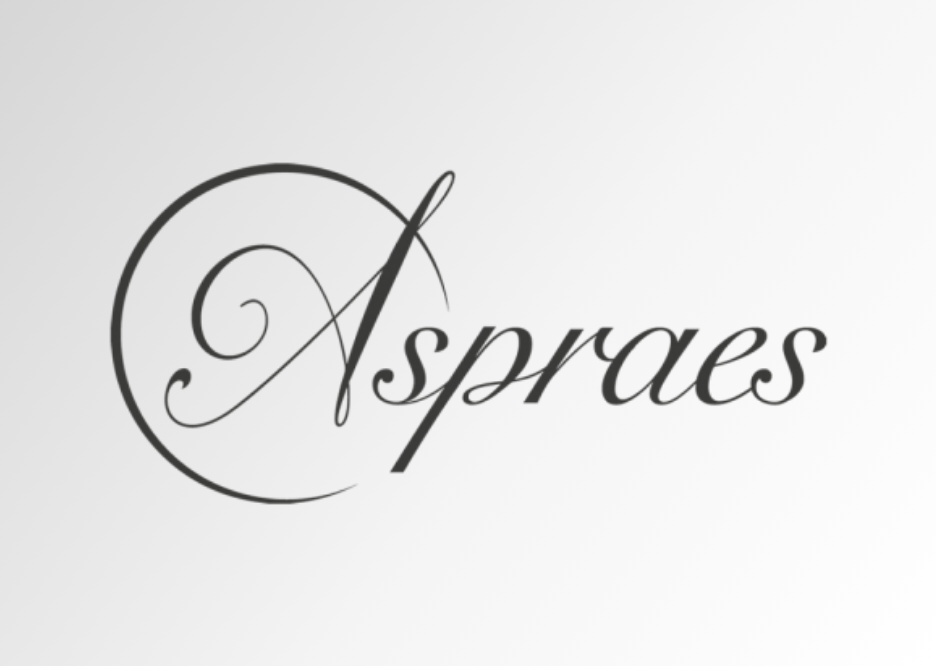As external auditors for many schools, both academy trusts and independent schools, we often see recurring themes arising from our audit work each year.
We hope you will find our round up for the 2021 season to be useful in reviewing your own systems and procedures:
-
We often find that there can be some discrepancies in the timing of purchase order approval, for example with approval being granted at the time of receiving the invoice. There may be some instances where this is unavoidable; however, we consider that this should only be in exceptional circumstances.
The approval of purchase orders should ideally be granted by the appropriate budget holder before the expenditure is committed to. The purchase order should also be later referred to when the invoice is received to ensure that there is proper authorisation to make the payment. Not only is this an important control in preventing fraudulent payments, but it also helps to maintain control over budgets, and allows intervention before a commitment is made.
-
We have found that there are often delays in updating the public records, including Companies House, Get Information About Schools and the School website when there are changes in trustees and members. We recommend that there is a formalised ‘on-boarding’ and ‘off-boarding’ process implemented to ensure that administrative matters are dealt with promptly (i.e. within 14 days to comply with the Academy Trust Handbook).
- Similarly we recommend that completion of the Business Interest Register is incorporated into the on-boarding process. We often find that the register will not be completed for new trustees or members until their first meeting, which creates a risk that related party transactions may inadvertently be entered into in the intervening period. It is important to have a clear understanding of any possible links and related parties as part of the recruitment and on-boarding process.
- For some multi-academy trusts (MATs), we find that there can be some inconsistency in the nominal postings for income and expenditure transactions. This is can particularly be a problem for MATs that maintain the finance records at an individual academy basis, rather than on a centralised basis. This can make the consolidation process more time consuming and therefore costly for both trusts and auditors, and also makes any benchmarking analysis less meaningful. We recommend that there is collaboration between the finance teams at an academy level to ensure consistency, and also review at a trust level.
- The finance regulations for trusts or independent schools should include a requirement to carry out a formal tender process for expenditure above a certain level (depending on the size of the entity and its risk assessment). We have seen a number of instances over the last couple of years where these procedures have not been followed, usually owing to an urgent operational requirement, or continued use of an existing supplier. Whilst there will always be exceptions to the general rule, we recommend that wherever possible this is discussed and documented by the trustees to ensure there is appropriate consideration before committing to the contract and to evidence clearly more context if there are any exceptional circumstances where the process was over-ridden.
Find out more
If you have any questions about the above, or would like more information specific to your circumstances, please enter your email address below and we will get in touch:
If you have any questions about the above, or would like more information specific to your circumstances, please enter your email address below and we will get in touch:
Related View All

Corporate Finance
Aspraes Limited acquires Beaumont & Fletcher Limited












